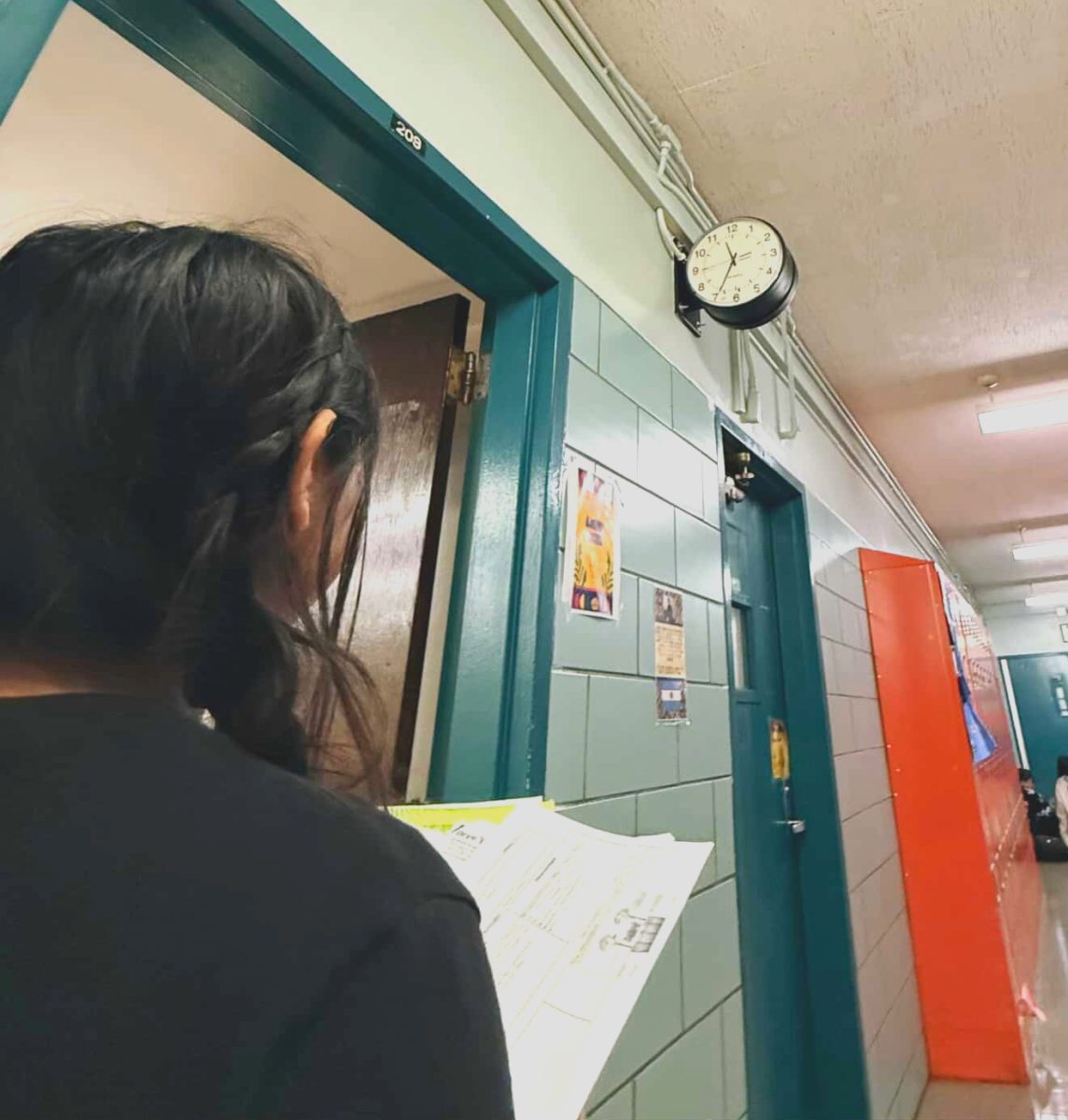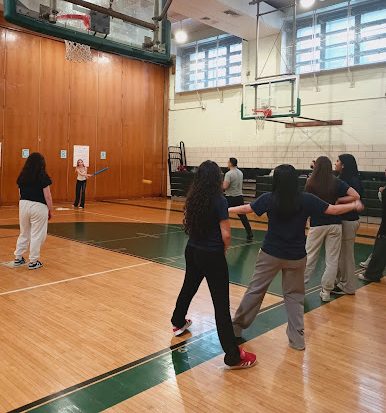A Guide to AP classes
June 8, 2022
As the school year wraps up and the talk of Advanced Placement classes for next year is in full swing, many students wonder what to expect in their 2022-23 schedule. The following is a breakdown of how to survive your first AP class, as well as tips to do well on the exam and throughout the year!
The College Board runs the Advanced Placement program, and according to them, “The AP Program offers students college-level courses and exams that you can take in high school.” The College Board plays a substantial role in our education system as they administer the SAT. For those who have never taken an AP class before, here’s how they work: The course concludes with a final exam in May designed to test students’ knowledge and prepare them for what college-level classes are like. The exam is graded on a 5 point scale, with 5 being the highest. If you pass the exam, some schools will award you with college credit (while others only accept scores of 4 and 5), allowing you to take higher-level classes once you begin college.
A major motivating factor for taking AP classes is the value that they can add to your college applications. Museum School’s College Counselor Ms. Ortiz said, “Colleges want to see that you are challenging yourself and taking rigorous classes. The more elite schools want to see that you are not only taking the classes, but scoring high grades like 4s and 5s as a way to weed people out.” This proves to admissions officers that you can handle the workload of more rigorous courses, and will continue to succeed academically.
Despite the benefits to applications, AP courses do have their downsides. For one, the final exam costs $96 per exam (as of 2022), and there is an additional fee to send your score to two or more schools. And of course, AP classes are notoriously time-consuming and require a lot of hard work. That being said, current sophomore Abby O’Connell said, “It was just hard juggling everything at once with clubs, two APs, and sports. It is also difficult when I don’t understand something in AP classes and I feel discouraged and like everything I’m doing isn’t paying off.”
Although difficult, Museum students have the option to take multiple AP classes throughout their high school career. Ms. Edgington, the AP European History teacher at Museum, offered her advice to current freshmen looking to take her class next year. “The best preparation [for this summer] is to read a lot, and it doesn’t matter what. You can read fiction or nonfiction. Students who do well are students who love to read, in general.”
One challenge that many students face is balancing their APs with their regular classes and extracurriculars. Julia Chandumont, a current sophomore, said, “It’s not about prioritizing the AP classes, it’s just that they require more work. Don’t spend hours on a reading and do your homework efficiently. You’ll still have time for extracurriculars.”
While APs do weigh more when it comes to calculating your final GPA, it’s important that you don’t fully neglect your other classes. A common theme among Museum students is that you should dedicate an appropriate amount of time to different level tasks. Liam Conroy, a sophmore, said he “makes sure to balance all [his] classes equally.” Although, he “typically spend[s] more time on AP classes than regular classes because AP Classes require more focus and attention.”
Another thing to point out is that studying for too long isn’t helpful either. Sophomore Alexa Rodriguez said, “Make sure that you’re not killing yourself studying because it will just become harder to retain any information.” Finding a balance is difficult, but it can be achieved by planning ahead and recognizing that you may need to prioritize AP assignments at times.
The key to succeeding in your APs is finding the best way to study. Ms. Edgington noted that “studying is very individual,” but there are a few methods that Museum students recommend. Rodriguez suggested “before the exam, take lots of practice tests so you know what to expect.” Full practice tests and questions can be found on the College Board website, as well as review books, such as the ones from Crash Course, 5 Steps to a 5, or Princeton Review.
Chandumont added that it’s important to keep up with your classwork and homework. “Always do the homework and read whatever is assigned. Everything your teachers give you is to help you, not busy work.” Additionally, Nicole Law, a junior, recommended “just writing down what your teacher says. Write as much as you can because it’s like a college lecture, and then review your notes before the test.” Evidently, there are multiple ways to study material, and it is a good idea to try out a few practices early in the year, and then pick one that works best.
Best of luck to all on your AP courses next year!




























julia godwin • Jun 14, 2022 at 12:12 pm
this is very well worded.